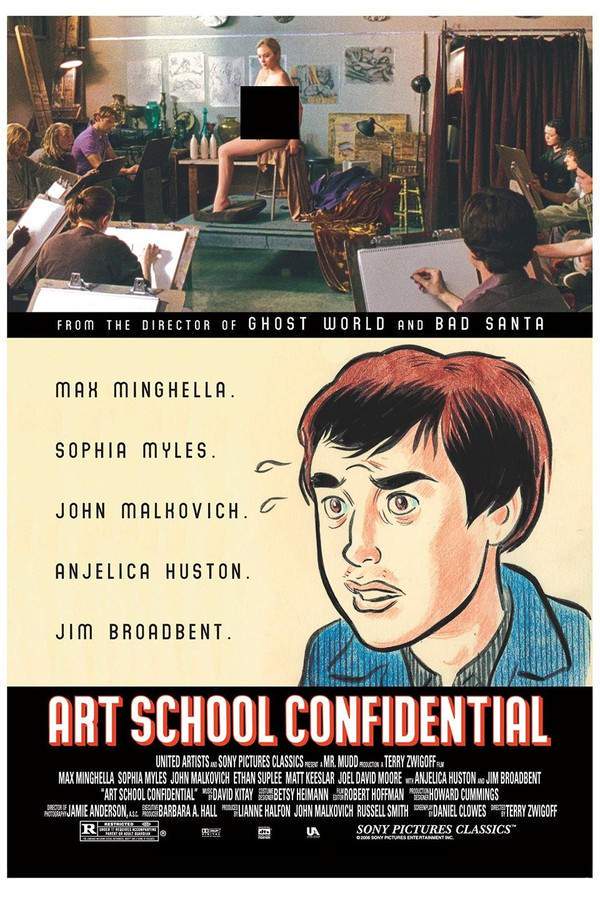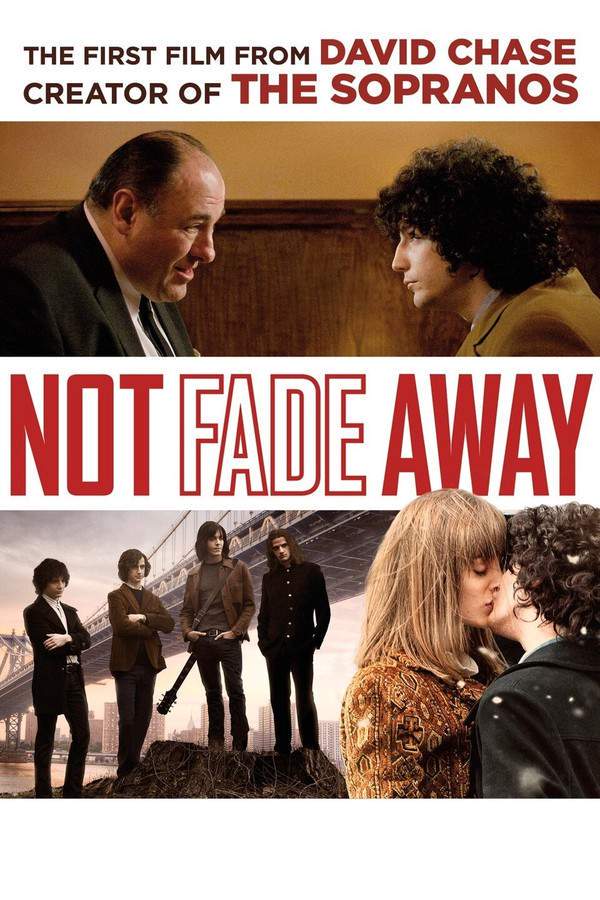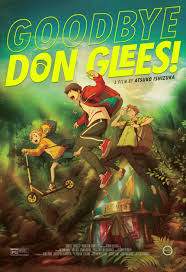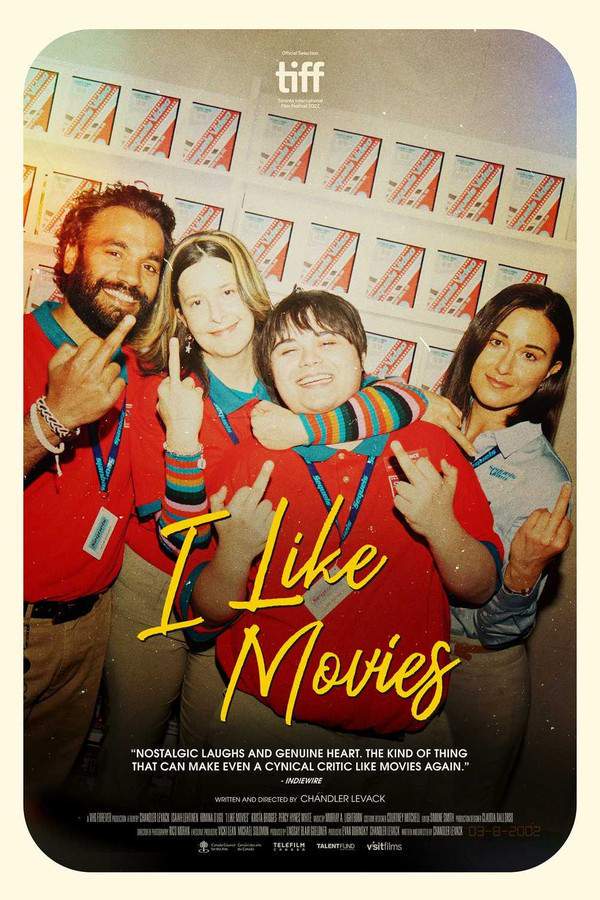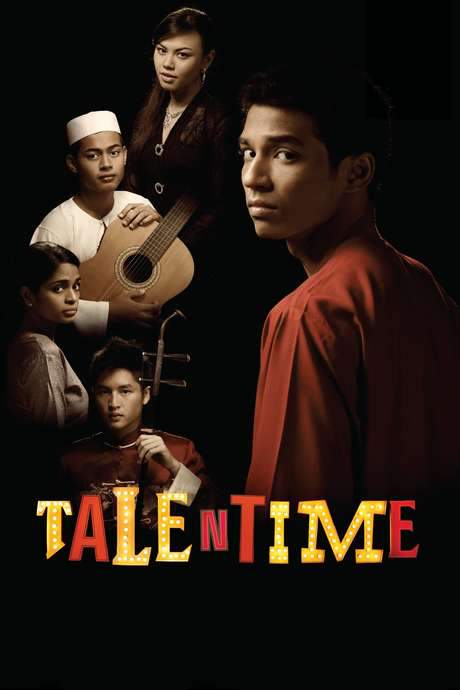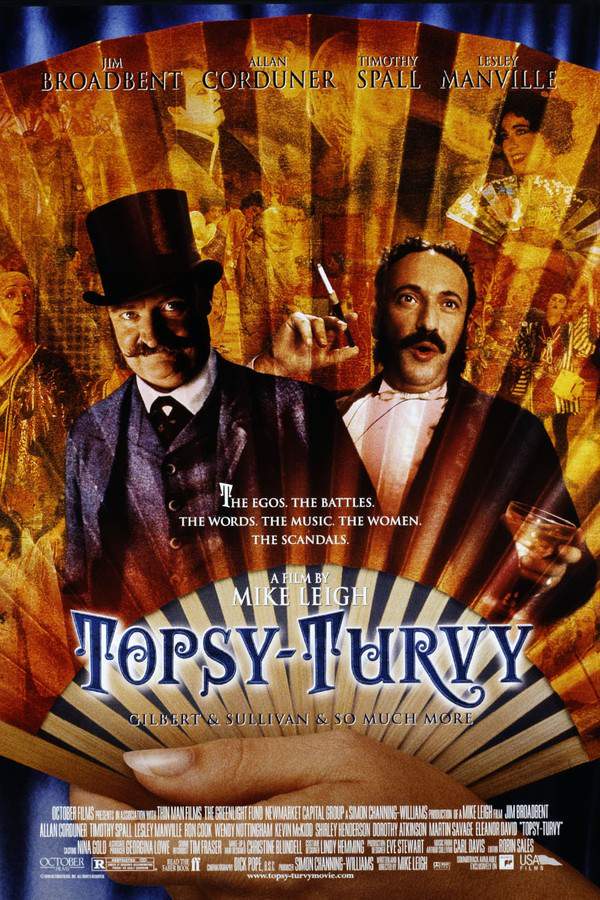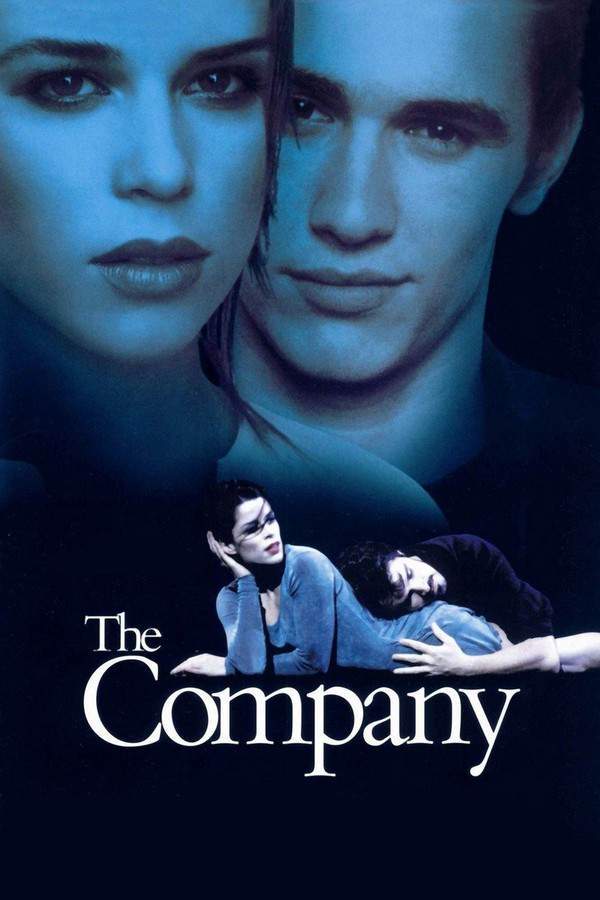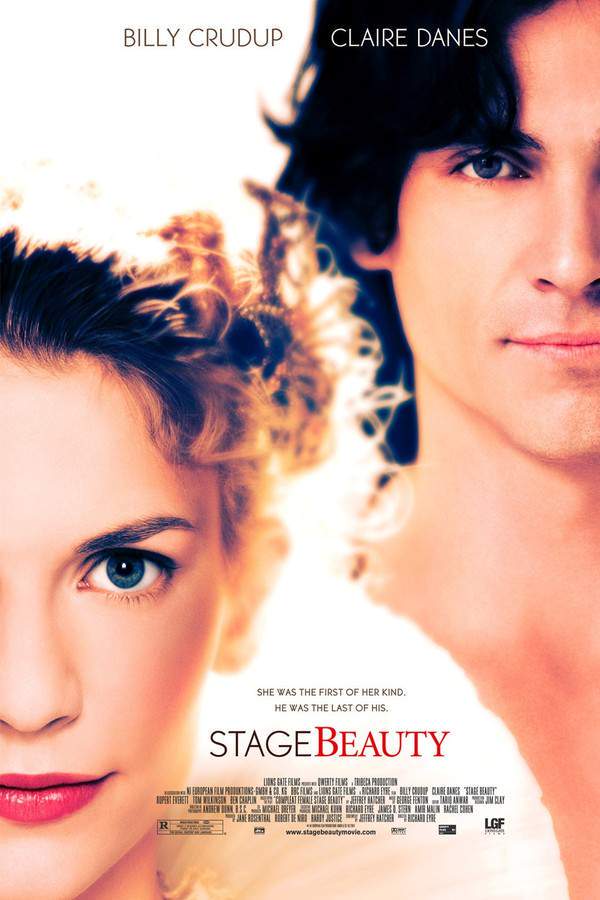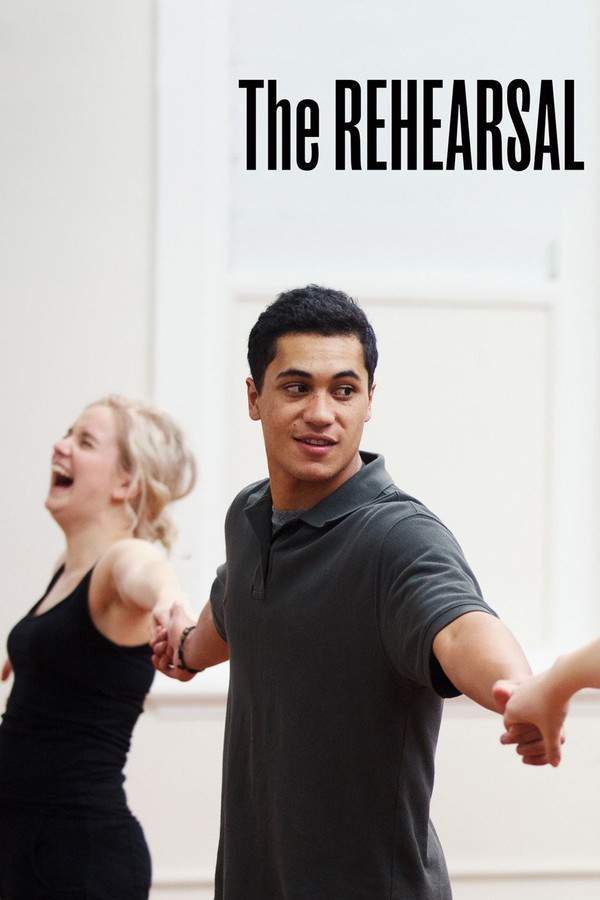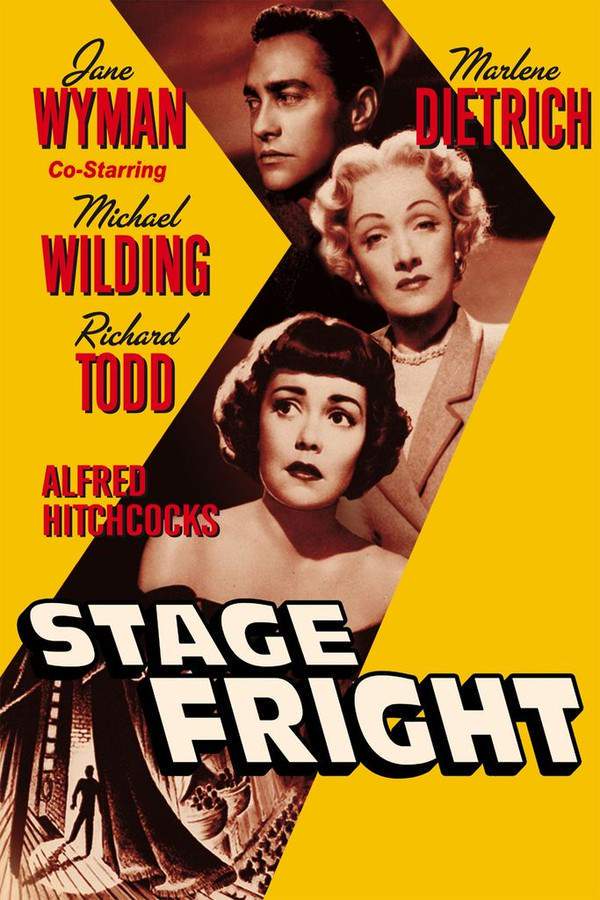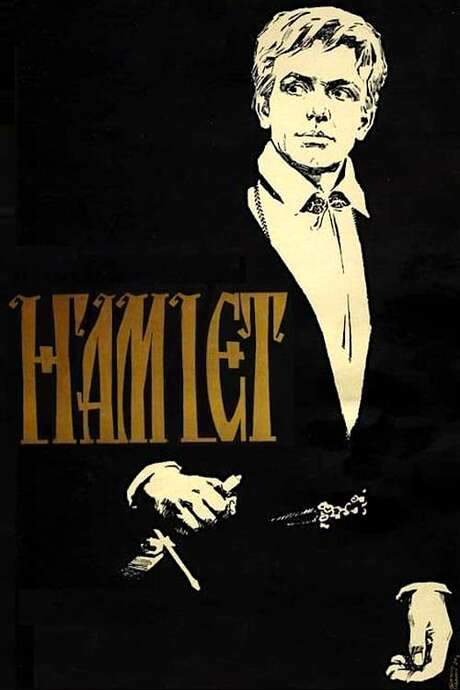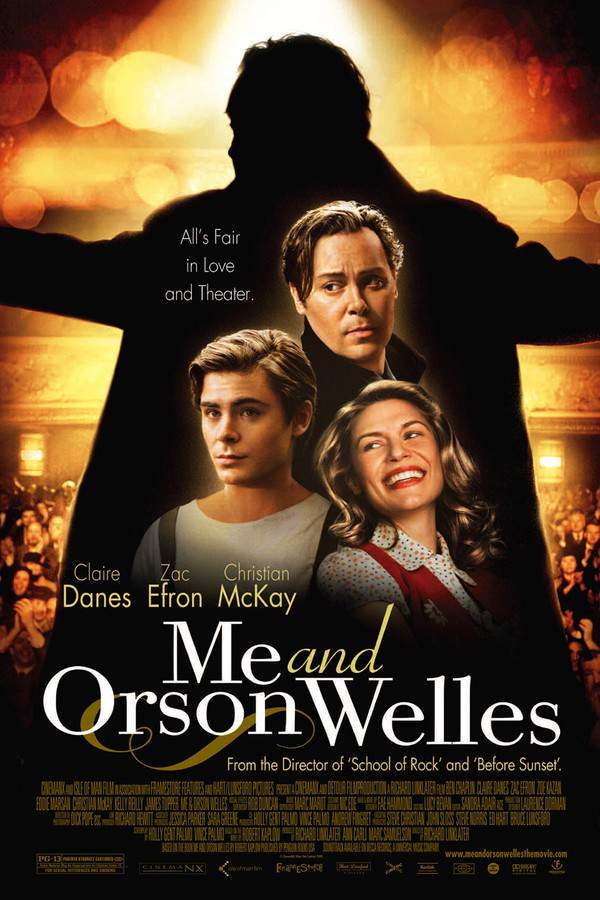
Me and Orson Welles
Year: 2009
Runtime: 114 min
Language: English
Director: Richard Linklater
Budget: $25M
A teenage aspiring actor unexpectedly finds himself cast in Orson Welles's 1937 Mercury Theatre production of "Julius Caesar." Thrust into the vibrant and often chaotic world of live theater, he witnesses firsthand the brilliance and challenges of working with a visionary director and a talented ensemble. He experiences the intensity of the creative process, the pressures of a high-profile production, and the complexities of navigating personal ambitions within a demanding artistic environment.
Warning: spoilers below!
Haven’t seen Me and Orson Welles yet? This summary contains major spoilers. Bookmark the page, watch the movie, and come back for the full breakdown. If you're ready, scroll on and relive the story!
Me and Orson Welles (2009) – Full Plot Summary & Ending Explained
Read the complete plot breakdown of Me and Orson Welles (2009), including all key story events, major twists, and the ending explained in detail. Discover what really happened—and what it all means.
In the vibrant backdrop of New York City during the fall of 1937, a charming story unfolds as 17-year-old high-school student Richard Samuels unexpectedly crosses paths with the illustrious Orson Welles. Welles, in a delightful twist of fate, presents Richard with a once-in-a-lifetime opportunity to play Lucius in his groundbreaking production of Caesar at the newly formed Mercury Theatre. This theater is buzzing with activity as the company dives headfirst into rehearsals, and Richard finds himself captivated not only by the art of theater but also by the complex world surrounding Welles.
As he becomes increasingly enchanted by Welles, Richard uncovers a scandalous secret: Welles is entangled in an affair with the production’s leading actress, all while his wife is expecting. Amid this whirlwind, Richard encounters the ambitious production assistant, Sonja Jones, who seems drawn to him, adding another layer of intrigue to his experience.
In the lead-up to the highly anticipated premiere, Welles expresses his anxieties, citing an unusual streak of good fortune. He worries that this success might lead to a disastrous flop during the debut. Everything is turned upside down when, during a rehearsal, Richard inadvertently activates the sprinkler system, drenching the entire theater. Accused by Welles, he slyly deflects blame, suggesting that this calamity might just be the bad luck Welles needed to shake off.
Amidst the chaos, Welles proposes an unconventional coupling game to strengthen the crew’s bond, and Richard cleverly manipulates the situation to be paired with Sonja. Their chemistry ignites, leading to a night of passion. However, Richard’s jealousy flares when Sonja spends the following night with Welles, prompting Richard to confront him about his pending fatherhood, and resulting in his abrupt dismissal.
Despite this setback, Richard experiences a moment of triumph on opening night—a spectacular success for Welles’ anti-fascist adaptation of Caesar. Yet, his victory is bittersweet; he learns that he was merely a pawn in Welles’ grand scheme for a successful debut, leading to his second dismissal.
Heartbroken yet enlightened, Richard finds solace in his high school English class, where he spontaneously recites lines from Julius Caesar, earning a warm round of applause from his classmates. The story takes a new turn when he crosses paths with Gretta Adler, an aspiring playwright he met in a music store earlier in the film. With a little help from Richard and Sonja, Gretta successfully publishes a story in The New Yorker and invites Richard out to celebrate their victory, hinting at the possibility of new beginnings.
Last Updated: November 15, 2024 at 20:22
Explore Movie Threads
Discover curated groups of movies connected by mood, themes, and story style. Browse collections built around emotion, atmosphere, and narrative focus to easily find films that match what you feel like watching right now.
Movies about artistic mentorship and disillusionment like Me and Orson Welles
Coming-of-age stories set in the demanding, illuminating world of creative genius.If you enjoyed the bittersweet journey of a young artist in Me and Orson Welles, you'll appreciate these movies. They feature similar stories of youthful ambition colliding with the reality of working under a demanding mentor, capturing the exhilarating highs and sobering lows of creative initiation.
Narrative Summary
The narrative follows an inexperienced but eager character who is drawn into a high-stakes creative project. They initially idolize a charismatic leader, learning invaluable lessons, but gradually uncover the personal compromises and manipulation required to succeed. The arc culminates in a moment of truth where the protagonist must choose between their ideals and the harsh realities of the artistic world.
Why These Movies?
Movies in this thread share a focus on the bittersweet process of artistic education. They balance the intoxicating thrill of creation with the inevitable heartbreak of realizing one's heroes are flawed. The tone is consistently both inspiring and sobering, with a steady pace that allows for character growth and a medium emotional weight that reflects a significant, but not traumatic, life lesson.
Movies about the making of a famous production like Me and Orson Welles
Immerse yourself in the chaotic, passionate world of a landmark creative endeavor.Fans of Me and Orson Welles who loved its insider view of a legendary theater production will enjoy these films. Discover other stories that dive into the backstage chaos, creative clashes, and personal triumphs involved in bringing a famous work of art to life.
Narrative Summary
The plot is structured around the timeline of a high-profile project, from its shaky beginnings to its public debut. It interweaves the main narrative of the production's challenges with subplots involving romance, rivalry, and scandal among the participants. The story captures the collective anxiety and exhilaration of creation, often culminating in the catharsis of the opening night or premiere.
Why These Movies?
This thread groups movies based on their shared setting and narrative engine: the making of an iconic work. They offer a fly-on-the-wall perspective into a specific, vibrant artistic world. The pacing is steady, driven by rehearsal schedules and impending deadlines, and the intensity is medium, derived from creative stakes and interpersonal conflicts rather than overt danger.
Unlock the Full Story of Me and Orson Welles
Don't stop at just watching — explore Me and Orson Welles in full detail. From the complete plot summary and scene-by-scene timeline to character breakdowns, thematic analysis, and a deep dive into the ending — every page helps you truly understand what Me and Orson Welles is all about. Plus, discover what's next after the movie.
Me and Orson Welles Timeline
Track the full timeline of Me and Orson Welles with every major event arranged chronologically. Perfect for decoding non-linear storytelling, flashbacks, or parallel narratives with a clear scene-by-scene breakdown.

Characters, Settings & Themes in Me and Orson Welles
Discover the characters, locations, and core themes that shape Me and Orson Welles. Get insights into symbolic elements, setting significance, and deeper narrative meaning — ideal for thematic analysis and movie breakdowns.

Me and Orson Welles Spoiler-Free Summary
Get a quick, spoiler-free overview of Me and Orson Welles that covers the main plot points and key details without revealing any major twists or spoilers. Perfect for those who want to know what to expect before diving in.

More About Me and Orson Welles
Visit What's After the Movie to explore more about Me and Orson Welles: box office results, cast and crew info, production details, post-credit scenes, and external links — all in one place for movie fans and researchers.




